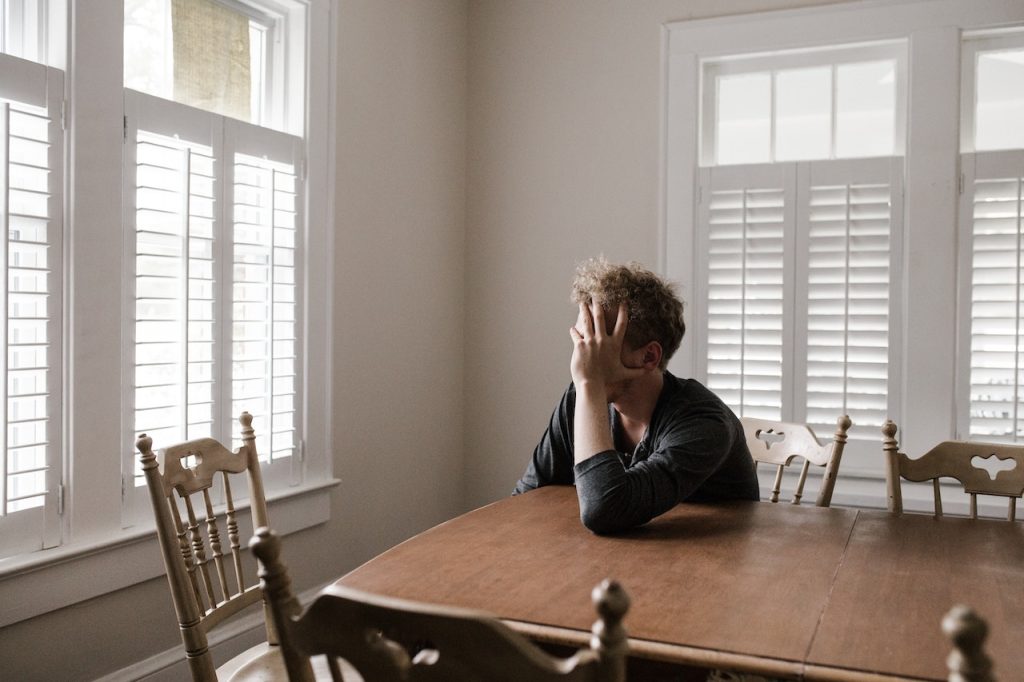Introduction: Anxiety disorders are a prevalent and often debilitating mental health condition that affects millions of people worldwide. In this comprehensive guide, we will delve deep into the world of anxiety disorders, providing you with essential information, insights, and practical tips to help you understand and manage these conditions effectively.
Understanding Anxiety Disorders
What Are Anxiety Disorders?
Anxiety disorders encompass a range of conditions characterized by excessive worry, fear, and apprehension. These feelings can be so intense that they interfere with daily life, relationships, and overall well-being. Some common types of anxiety disorders include:
- Generalized Anxiety Disorder
- Social Anxiety Disorder
- Panic Disorder
- Obsessive-Compulsive Disorder
- Post-Traumatic Stress Disorder
- Specific Phobias
The Prevalence of Anxiety Disorders
Anxiety disorders are more common than you might think. According to recent statistics, they affect approximately 18% of the U.S. population, making them one of the most prevalent mental health conditions. Despite their prevalence, anxiety disorders often go undiagnosed and untreated.
Causes and Risk Factors
What Causes Anxiety Disorders?
The exact causes of anxiety disorders are complex and multifaceted. They may result from a combination of genetic, environmental, and psychological factors. Some common contributors to anxiety disorders include:
- Genetic Predisposition: If you have a family history of anxiety disorders, you may be at a higher risk.
- Brain Chemistry: Imbalances in neurotransmitters like serotonin and dopamine can contribute to anxiety.
- Stressful Life Events: Traumatic experiences, major life changes, or chronic stress can trigger anxiety.
Common Risk Factors
Certain factors can increase your susceptibility to anxiety disorders:
- Gender: Women are more likely than men to develop anxiety disorders.
- Personality Traits: Individuals with perfectionist tendencies or those who are highly sensitive may be more prone.
- Substance Abuse: Excessive alcohol or drug use can exacerbate anxiety symptoms.
Symptoms and Diagnosis
Recognizing the Symptoms
Anxiety disorders manifest in various ways, with common symptoms including:
- Excessive Worry: Constant and uncontrollable worrying about everyday situations.
- Physical Symptoms: These may include rapid heart rate, sweating, trembling, and muscle tension.
- Avoidance Behavior: People with anxiety disorders often avoid situations that trigger their anxiety.
Seeking Professional Help
If you suspect you have an anxiety disorder, it’s crucial to seek professional evaluation and diagnosis. Mental health professionals, such as psychologists and psychiatrists, use diagnostic criteria to determine the specific type of anxiety disorder and develop a tailored treatment plan.
Treatment Options
Therapy and Counseling
Various therapeutic approaches can be highly effective in treating anxiety disorders:
- Cognitive-Behavioral Therapy: CBT helps individuals identify and change negative thought patterns and behaviors.
- Exposure Therapy: This involves gradually confronting feared situations or objects.
- Medication: In some cases, medications like antidepressants or anti-anxiety drugs may be prescribed.
Self-Help Strategies
There are several self-help techniques that can complement professional treatment:
- Lifestyle Changes: Regular exercise, a balanced diet, and adequate sleep can reduce anxiety.
- Mindfulness and Meditation: These practices promote relaxation and stress reduction.
- Support Networks: Connecting with friends, family, or support groups can provide valuable emotional support.
Living with Anxiety
Coping Strategies
Living with anxiety disorders can be challenging, but there are effective coping strategies to manage symptoms:
- Stress Management: Learning to manage stress can help reduce anxiety levels.
- Setting Realistic Goals: Avoid overwhelming yourself with unrealistic expectations.
- Mind-Body Practices: Techniques like yoga and deep breathing exercises can promote relaxation.
Conclusion
In conclusion, anxiety disorders are common but treatable mental health conditions. Seeking professional help and utilizing self-help strategies can significantly improve your quality of life. Remember, you are not alone in your journey to manage anxiety.
Frequently Asked Questions (FAQs)
What’s the difference between normal anxiety and an anxiety disorder?
Normal anxiety is a natural response to stress, while an anxiety disorder involves excessive and persistent worry that interferes with daily life.
Can anxiety disorders be completely cured?
While they can be effectively managed, complete cure varies from person to person. Many individuals can achieve a significant reduction in symptoms with treatment.
Is medication the only treatment option for anxiety disorders?
No, therapy, lifestyle changes, and self-help strategies are often used in conjunction with medication to manage anxiety disorders.
How long does it take to see improvement with anxiety disorder treatment?
The timeline for improvement varies, but many people start to notice positive changes within a few weeks to a few months of treatment.
Where can I find more resources and support for anxiety disorders?
You can access valuable resources and support through mental health organizations, online forums, and local support groups. Remember to reach out and seek help when needed.

